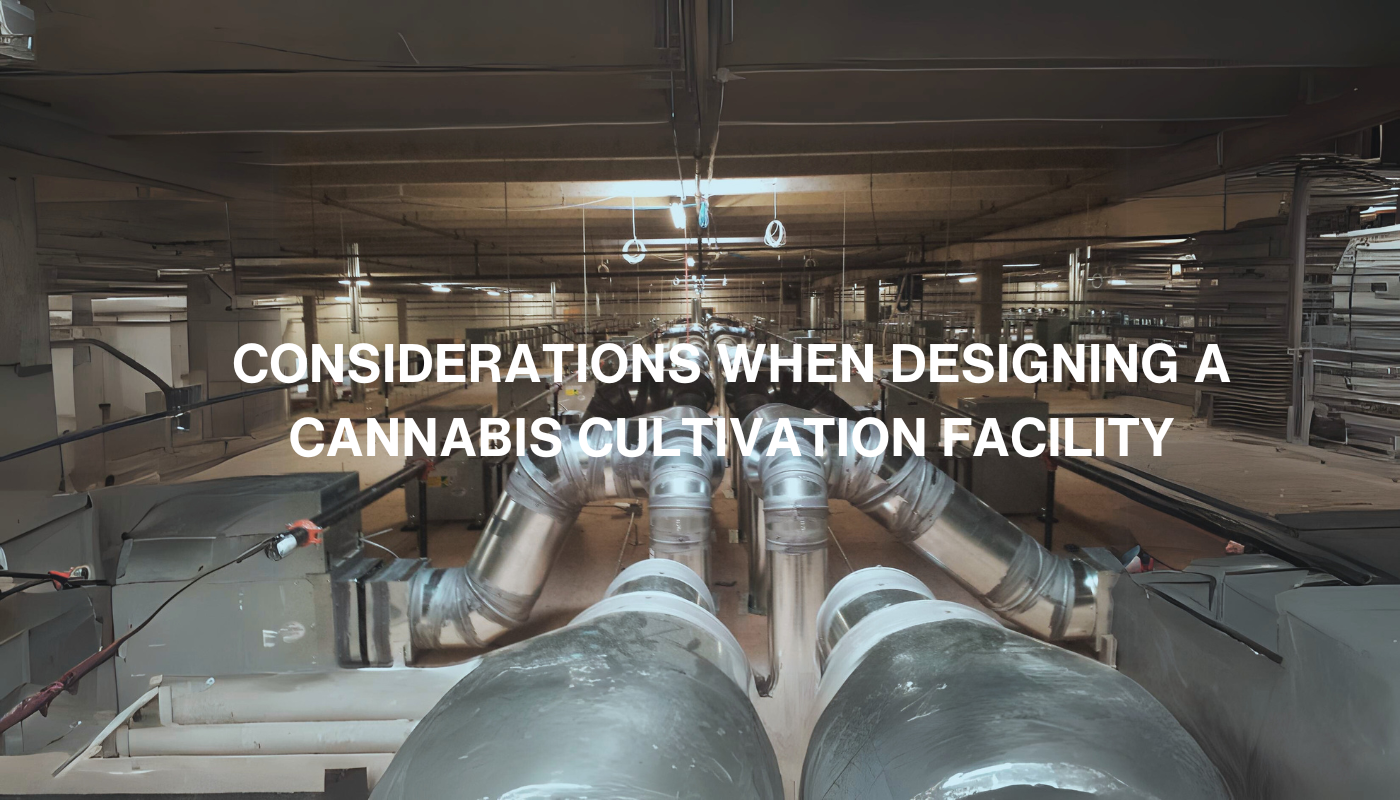
New Jersey Social Lounges
New Jersey’s new marijuana industry comes with a social twist: cannabis consumption areas. Licensed cannabis retailers will have the opportunity to open and operate a New Jersey social lounge consumption space where medical cannabis patients and adults aged 21 and up would be permitted to consume cannabis on the same premises as the retail location. These “cannabis consumption areas” (or CCAs) would act similar to a hookah or cigar lounge where patrons can bring their own cannabis or purchase cannabis from the retailer and consume it on the premises.
To operate a CCA, a business must possess a retail license or medical cannabis dispensary license — standalone CCAs will not be permitted. Before a CCA can open, the local municipality where the CCA chooses to operate must adopt an ordinance that would approve the operation of a CCA. The local municipalities or townships can approve CCAs for adult-recreational use, medical use, or adult-recreational use and medical use of cannabis within their jurisdiction. Additionally, the local municipality and the Cannabis Regulatory commission must authorize the CCA to operate within the space of its retail or dispensary operation. Finally, a CCA would not be allowed to operate without an endorsement from both the local municipality and the State’s regulatory agency. Endorsements from the State and local municipality will be valid for one year, and yearly CCA renewals should be submitted in conjunction with renewals for cannabis retail licenses or medical cannabis dispensary license renewals to maintain operations.
CCAs will be permitted to operate indoors in an enclosed area of the retail establishment or medical cannabis dispensary. These enclosed areas must be wholly separated from the retail or dispensing areas with solid walls or windows. In order for patrons to access the CCA, they must first enter the retail establishment or dispensary, then enter the CCA through a separate interior door. CCAs must comply with the same ventilation requirements that apply to cigar lounges to permit smoking and vaping indoors. Legislators do not want smoke, vapors, and odor from the lounge traveling into the retail establishment.
Alternatively, a medical cannabis dispensary or cannabis retailer may also choose to operate their CCA outdoors. An outdoor CCA can be physically connected or detached from the retail establishment or medical cannabis dispensary as long as it remains on the same licensed premises. One benefit of operating an outdoor CCA is that it is not required to be enclosed entirely. Instead, outdoor CCAs are only required to have sufficient walls, fences, or other barriers that will prevent outside pedestrians from viewing cannabis consumption from any sidewalk or non-motorists right-of-way. In addition, outdoor CCAs must take measures to prevent the migration, seepage, or recirculation of cannabis smoke, vapor, or other exhaled material into any indoor public place or workplace. Finally, to make matters more challenging, the State’s regulatory agency is permitted to require an outdoor CCA to incorporate any ventilation features it deems necessary and appropriate.
As far as consumption goes, the focus is purely on cannabis. No alcohol, nicotine, or tobacco consumption (or sales) on the CCA premises will be permitted. CCA’s may not operate as a restaurant or food service establishment. However, there are no restrictions that would prevent a patron from ordering food from outside the establishment and having it delivered to the CCA. Patrons will be permitted to leave a CCA with “leftover” cannabis, as long as it’s unconsumed and appropriately secured, similar to patrons leaving a restaurant with a re-corked bottle of wine. You would not be allowed to leave the CCA with a half-smoked joint as it has been partially consumed. More details around CCA operations are expected this coming August with the adoption of the new Cannabis Regulatory Commission regulations.
There are strong concerns around road safety after patrons depart from a cannabis consumption area, similar to the concerns that arise after patrons leaving bars and other social clubs. However, marijuana impairment can be extremely difficult to measure with accuracy. Without a breath test or other timely testing measures, law enforcement must use subjective, time-consuming, and less accurate methods for determining whether or not a driver is impaired and not safe to drive. Field sobriety testing can be subjective and may not provide enough evidence to result in a conviction. Some jurisdictions across the US use saliva tests to judge impairment. However, there are concerns about reliability with high false-positive and false-negative rates reported. Blood, urine, and hair sample tests are particularly invasive and can take weeks before results post. Furthermore, since THC remains in the body far longer than any sensations of impairment, THC levels in the body do not accurately reflect impairment at the time of a test. Establishing safe travel protocols, ride-sharing programs, and taxi services will undoubtedly help applicants receive the necessary endorsements to operate a CCA. Many townships and municipalities will certainly oppose the operation of a CCA in their jurisdiction to mitigate risk and better ensure road safety.
If a cannabis retailer or medical cannabis dispensary successfully navigates the course and receives a highly coveted endorsement to operate a CCA, it has the potential to be very valuable. The excitement of having the option to sample and consume products onsite will undoubtedly draw patrons to your business and drive sales. Assuming many municipalities will oppose CCAs, obtaining the required endorsements could be quite challenging, making a cannabis consumption lounge exceptionally rare. This rare differentiator can be the element that sets your business apart from other retailers and dispensaries that are operating without consumption areas. There are endless unique and exciting ways for a retail or medical cannabis dispensary to use its CCA. Incorporating membership plans, rewards programs, and even live music and other social activities could prove to be very lucrative.
Applying for a cannabis business license is a complicated and involved process that requires a tremendous amount of planning, designing, and regulatory compliance preparations. The State will likely start accepting new applications for adult-use licenses in the fall of 2021. With this deadline in mind, there is no better time than now to start planning and preparation. To increase the likelihood of securing a merit-based license and efficiently run the project from aspiration to operation, several critical undertakings should commence before the state issues a Request For Applications (RFA).
First, it is essential to create a thorough plan and budget that identifies costs (application and CapEx) and assigns responsibilities for all tasks and requirements necessary to submit a comprehensive and compelling application. Once goals and budgets are in place, you can begin determining potential funding sources and, if needed, create and deploy a fundraising plan and the associated collateral. This process can be timely and challenging and may even require experienced professionals’ expertise to readily secure the required capital and commitments under the best possible terms sheet.
While you are developing business and funding plans and strategies, you must identify a building or land located in a municipality that allows for adult-use sales and supports the intended use. With a deadline of August 21, 2021, nearly 70 municipalities have already issued moratoriums, with others are likely to follow suit. As such, obtaining an approved site is becoming more and more challenging. Finally, the site and business will need to secure local approval. Initiating strategic conversations with local government and planning officials is crucial to ensure support when applying for State licensing.
Vetting and onboarding a team of strategic partners, advisors, and operators will help strengthen the case for both investors and regulators alike. Another often daunting but crucial ongoing task is the development of content and collateral for the application. The previous application for Alternative Treatment Centers (ATC’s) in New Jersey, as well as previous state applications from other adult-use programs, may offer insight into questions and requirements of the upcoming application, including the following:
Financial Plan
Cultivation Plan
Distribution Plan
Retail Plan
Consumption Area Plan
General Business Plan
Banking Plan
Team Bios
Environmental Plan
Build-out Phasing Plan
Risk-Management Plan
Security Plan
Diversion Prevention Plan
Track-and-Trace Plan
QA/QC Plan
Community Engagement Plan
Labor Peace Agreement
Labor Compliance Plan
Diversity Plan
Workforce Plan
Training Plan
Waste Management Plan
There are certainly many moving pieces and components that all must fit together under regulations that are to be determined by the Cannabis Regulatory Commission and local authorities. Though the task may seem daunting and immense, Catalyst BC is here to help. Our Team has completed and secured over 45 applications in multiple states, including winning licenses in highly competitive and merit-based application processes.
Contact us today to learn more and schedule a no-cost introductory consultation.



